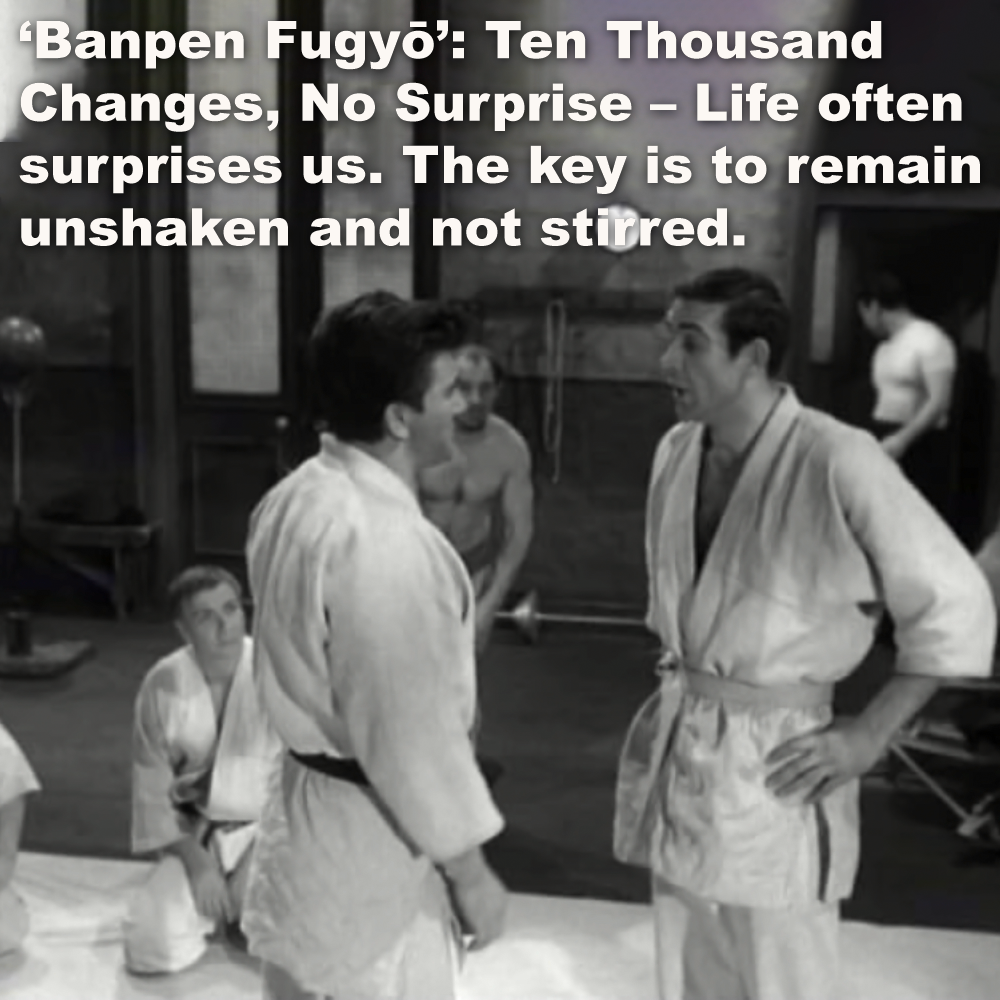
(Approx 2 minute read)
Think about the last time you had to deal with a problem but couldn’t come up with a single possible solution. Sometimes making any decision, even if it’s not the best, is better than freezing and making no decision. Indecision is bad.
.
A student in our dojo was practicing a drill when he froze and said, “I can’t remember what to do next”. My response to him was simple: “Do anything. See what happens”. But he was unable to move.
.
Skills and abilities are naturally developed through training, offering more options as you learn. The longer and more often you train, the more tools you will have to resolve conflicts. If you find yourself constantly trying to recall techniques during drills when under pressure, it’s a clear sign you haven’t trained them enough.
.
Experience has shown me that under stress, you will respond how you have trained. Your actions will default to whatever you’ve drilled most consistently.
.
This is why it’s valuable to occasionally include surprises in your training. Disrupting your expectations helps increase awareness and prepares you for the unpredictable nature of real-life conflicts.
.
That reminds me of a lighthearted moment from my time working for the police. I once had to stop a perpetrator in the local high street. Rightly or wrongly – depending on how you look at it – I stopped him with a head-on rugby tackle.
.
At the time, I was young and training in many things. Apparently, I’d been practicing rugby more than I thought! Today, such an action would be frowned upon, but back then, not so much.
.
The point is, choices must be made in the moment. Sometimes there isn’t enough time to sift through a mental catalogue of techniques. You just have to flow with the situation and rely on creativity, as I did.
.
The Japanese have a saying: “Banpen Fugyō” (万変不驚), which can be interpreted as “Ten thousand changes, no surprise” or “Unshaken by ten thousand changes”. It reflects the importance of maintaining composure in the face of constant change or unpredictable circumstances.
.
It shows the importance of training regularly and training with purpose. Being decisive. Some kind of decision is generally less disastrous than indecision.
.
Under stress, you will respond how you have trained. If you split your time between disciplines with different fundamental objectives, this can lead to hesitation, or like me, something perhaps unexpected when it matters most.
.
This is why understanding the objective and context of your training is vitally important. If you get it wrong – if you train with the wrong objectives or without context – the indecision you experience in a real situation could be dangerous.
.
So train with focus, embrace change, and remember: decisiveness in the moment, rooted in disciplined training, is what transforms uncertainty into confidence. And if all else fails, just make sure your training includes a little bit of everything – because you never know when a rugby tackle might come in handy.
.
.
Written by Adam Carter – Shuri Dojo
.
.
Photo Credit: Sean Connery from the movie ‘The Frightened City’ 1961
